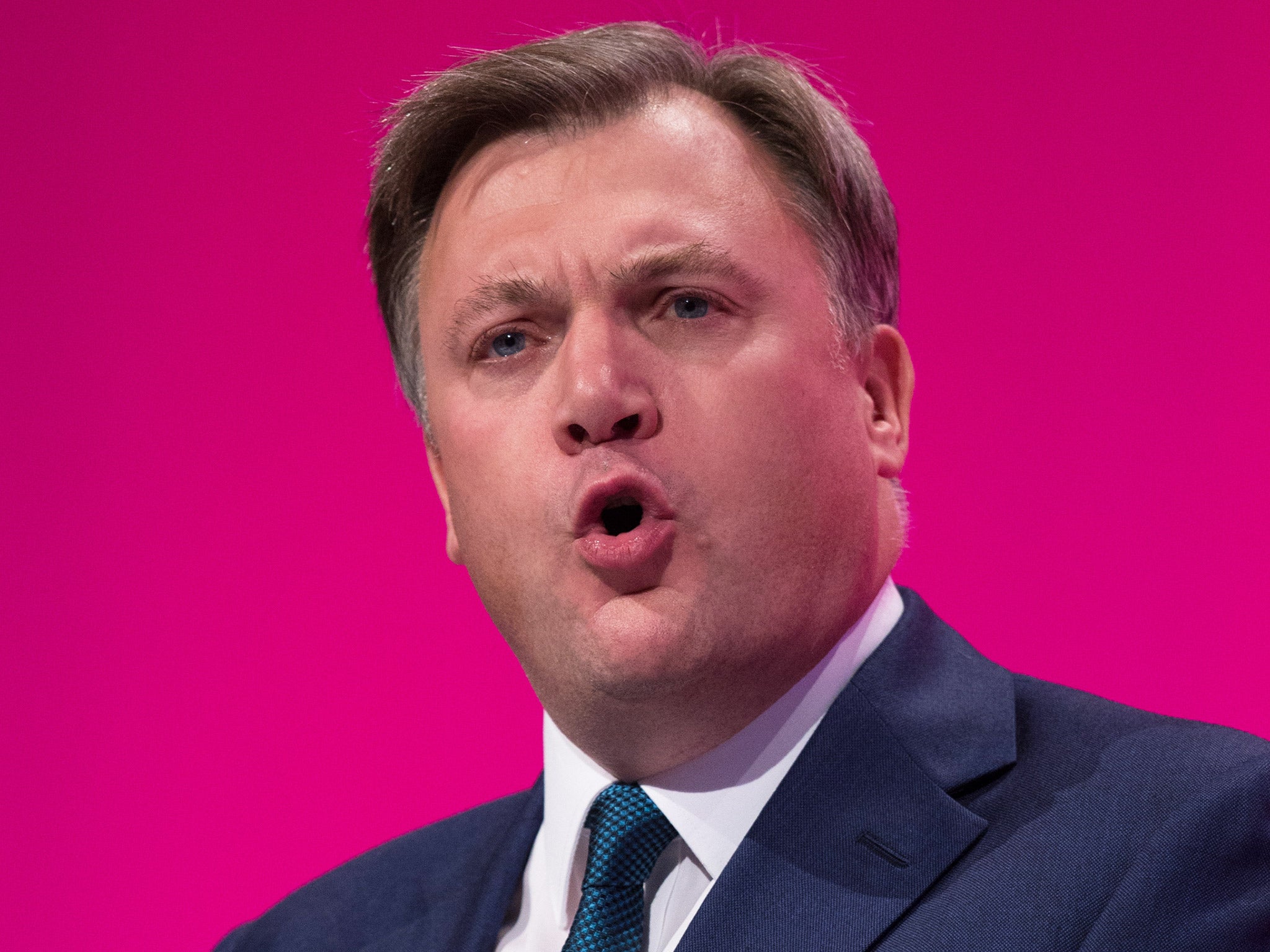Budget 2015: Savings tax scrapped as Chancellor puts money on voters with cash in the bank
Exclusive: George Osborne woos pensioners and 'hard-working taxpayers' ahead of general election
Your support helps us to tell the story
From reproductive rights to climate change to Big Tech, The Independent is on the ground when the story is developing. Whether it's investigating the financials of Elon Musk's pro-Trump PAC or producing our latest documentary, 'The A Word', which shines a light on the American women fighting for reproductive rights, we know how important it is to parse out the facts from the messaging.
At such a critical moment in US history, we need reporters on the ground. Your donation allows us to keep sending journalists to speak to both sides of the story.
The Independent is trusted by Americans across the entire political spectrum. And unlike many other quality news outlets, we choose not to lock Americans out of our reporting and analysis with paywalls. We believe quality journalism should be available to everyone, paid for by those who can afford it.
Your support makes all the difference.Tax on income from savings will be abolished for millions of people in the Budget today as George Osborne woos pensioners and “hard-working taxpayers” ahead of the May general election, The Independent has learnt.
In last year’s Budget, Mr Osborne announced that the 10 per cent tax on savings for people on low incomes will be abolished from next month. This change will help an estimated 1.5 million savers, many of them pensioners.
Today he will go much further by scrapping the 20 per cent savings tax for all but the rich. The populist move follows complaints that workers and retired people get little return on their hard-earned savings when interest rates are at a record low.
Mr Osborne has insisted there will be no “giveaways or gimmicks” in what will be a fiscally neutral package. But his “Budget for savers” will be seen as another pitch for the votes of the UK’s 11 million pensioners, who are much more likely to vote than younger age groups.
The Chancellor is expected to tell the Commons: “The critical choice facing the country now is this: do we return to the chaos of the past? Or do we say to the British people, let’s work through the plan that is delivering for you? Today, we make that critical choice: we choose the future. We have a plan that is working – and this is a Budget that works for you.”
Other headline-grabbing measures will include a bigger-than-expected increase in the personal-tax allowance. It was due to rise to £10,600 a year next month but will now go up to about £11,000.
Mr Osborne will announce the end of the annual tax form, which will be replaced by “real-time” digital tax accounts for all individuals and small businesses by 2020. They will be accessible at any time from a computer, smartphone or iPad.

Initially, the Chancellor wanted to stick to the tough spending plans he unveiled last year, arguing that would put Labour under maximum pressure to spell out where it would make cuts. His revised plans will deprive Labour of a key election weapon – the statement by the Office for Budget Responsibility (OBR) in December that state spending as a proportion of gross domestic product would fall to its lowest level since the Depression-scarred 1930s.
The amended plans are a compromise in the highly unusual dispute between the Prime Minister and the Chancellor, which has shocked Whitehall officials.
The Chancellor’s spending plans for the next four years are expected to be unchanged, which will mean painful cuts in the Whitehall departments outside the protected budgets of health, schools, overseas aid and pensions. The Institute for Fiscal Studies (IFS) has warned of “colossal” cuts of up to 42 per cent in areas such as the police, social care and defence. The easing of the pain in the 2019-20 financial year will be presented as a reward for the years of austerity.

Mr Osborne is now expected to say that public state spending will fall to the level of the early years of the Blair government.
Mr Cameron and Mr Crosby feared the damaging parallel with the 1930s fuelled public fears that the Tories look after their rich friends and are not committed to maintaining public services. “It is toxic for us,” one Tory source admitted.
Labour was quick to exploit the OBR’s December verdict. Ed Miliband and Ed Balls, the shadow Chancellor, have repeatedly said it shows the Tories are on an ideological crusade to shrink the state.
Mr Osborne had planned a £23bn surplus in the 2019-20 financial year. That may now be reduced to allow more to be spent on services. It could also fund the £7.2bn of tax cuts Mr Cameron promised at the Tory party conference – to raise the personal allowance to £12,500 a year and the threshold for the 40p tax rate from £41,865 to £50,000 by 2020.
Mr Osborne’s “savings revolution” will delight Conservative MPs. One senior Tory described it as “a huge vote-winner”. However, the radical reform may provoke fresh criticism that the Tories are playing a “generation game” by targeting spending on older voters for political self-interest, rather than doing more to help young adults struggling to get on the housing ladder.

Today’s Budget will also target the “grey vote” by allowing about five million people who have already bought annuities the freedom to sell them and use the money how they wish from April next year. They will enjoy the same freedom as people who retire from next month, who will no longer have to buy an annuity and can cash in their pension pot.
Mr Osborne has already come under fire for unveiling pensioner bonds, with interest rates of up to 4 per cent subsidised by about £400m of taxpayers’ money. The IFS has calculated that spending on pensioner benefits has risen by £8bn in real terms under the Coalition, while spending on benefits and tax credits for working-age people has fallen by the same amount.
Last night, Mr Balls said: “This Budget cannot hide the fact that after five years of the Tories, working families are worse off and our NHS is going backwards. And the Tories are planning more extreme spending cuts after the election.”
Likely Budget measures
Savings Virtual abolition of the tax on savings income, with only the rich paying it in future.
Public spending cuts Eased in the final year of the 2015-20 parliament.
Personal tax allowance Amount of tax-free income, due to rise to £10,600 next month, likely to be £11,000.
Pensioners – the 5m people who have already bought annuities will be able to sell them and spend the money; possible cut in tax relief for high earners on their pension pots by reducing the £1.25m lifetime allowance.
Tax avoidance and evasion “Google tax” on multinationals which move profits to low-tax countries to avoid tax; new offence of economic crime – helping people evade tax, aimed at bankers and accountants.
North Sea Oil Tax help for firms to head off job losses due to falling global price of oil.
Beer A possible cut in beer duty.
Petrol Possible freeze in fuel duty despite falling prices.
Northern Powerhouse An Oyster-style transport card for the North like the one in London; electrification of the Selby to Hull line; investment in the chemical sector in the North East.
Broadband To introduce ultra-fast broadband around the UK.
Housing 45,000 new homes to be built on brownfield sites.
Industry Support for technology clusters around the UK; two new "enterprise zones" in Plymouth and Blackpool.
New £1 coin ‘tails’ design revealed
The “tails” side of the new £1 coin has been unveiled today – designed by 15-year-old competition-winner David Pearce, from Walsall. David’s design takes in four well-known UK symbols – a rose, leek, thistle and shamrock – emerging from a royal coronet. The new, 12-sided coin will be introduced in 2017.


Join our commenting forum
Join thought-provoking conversations, follow other Independent readers and see their replies
Comments